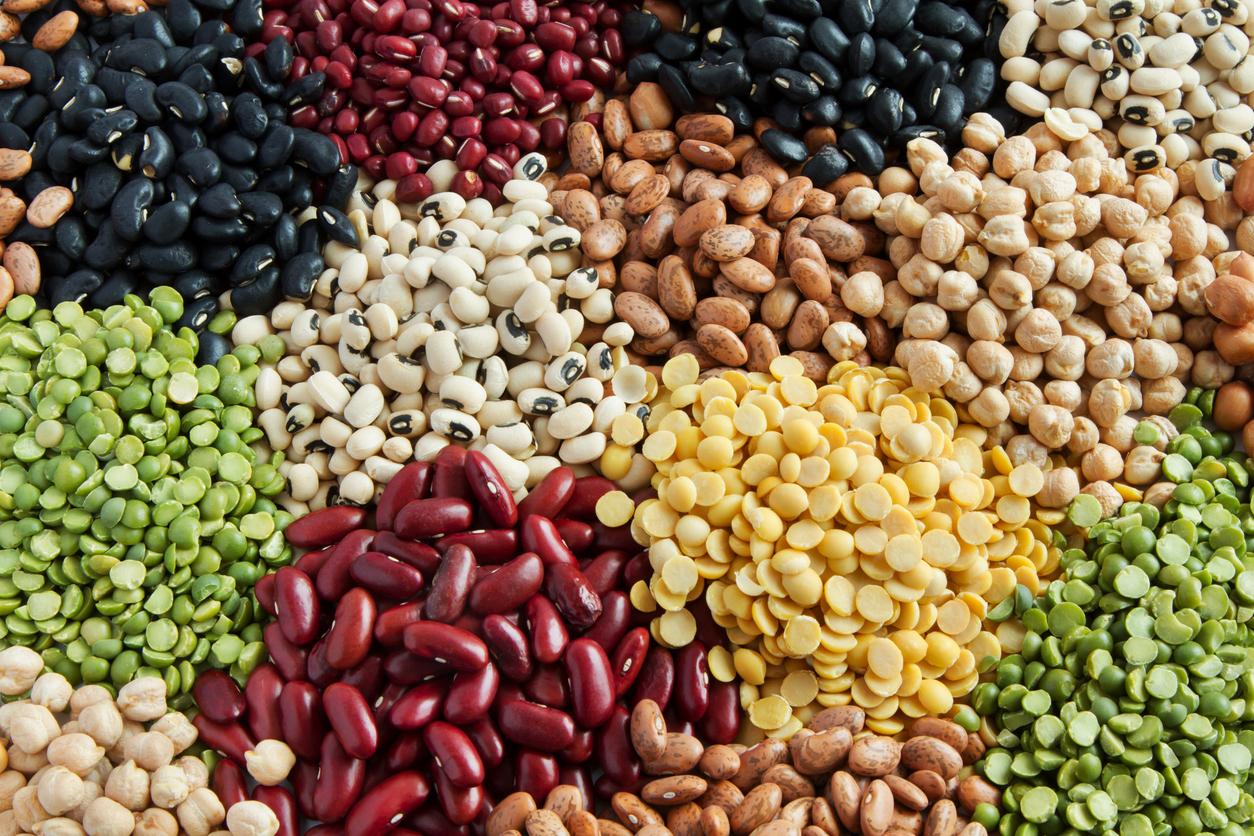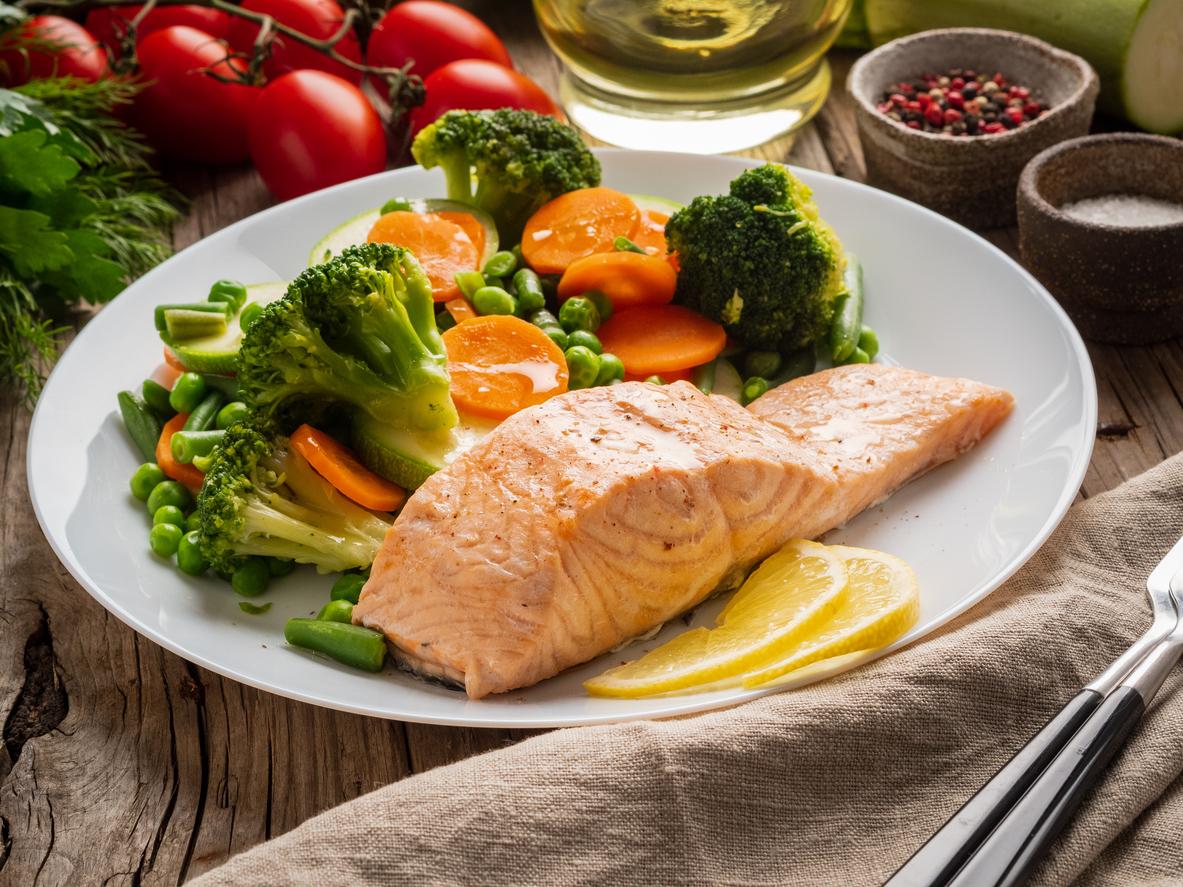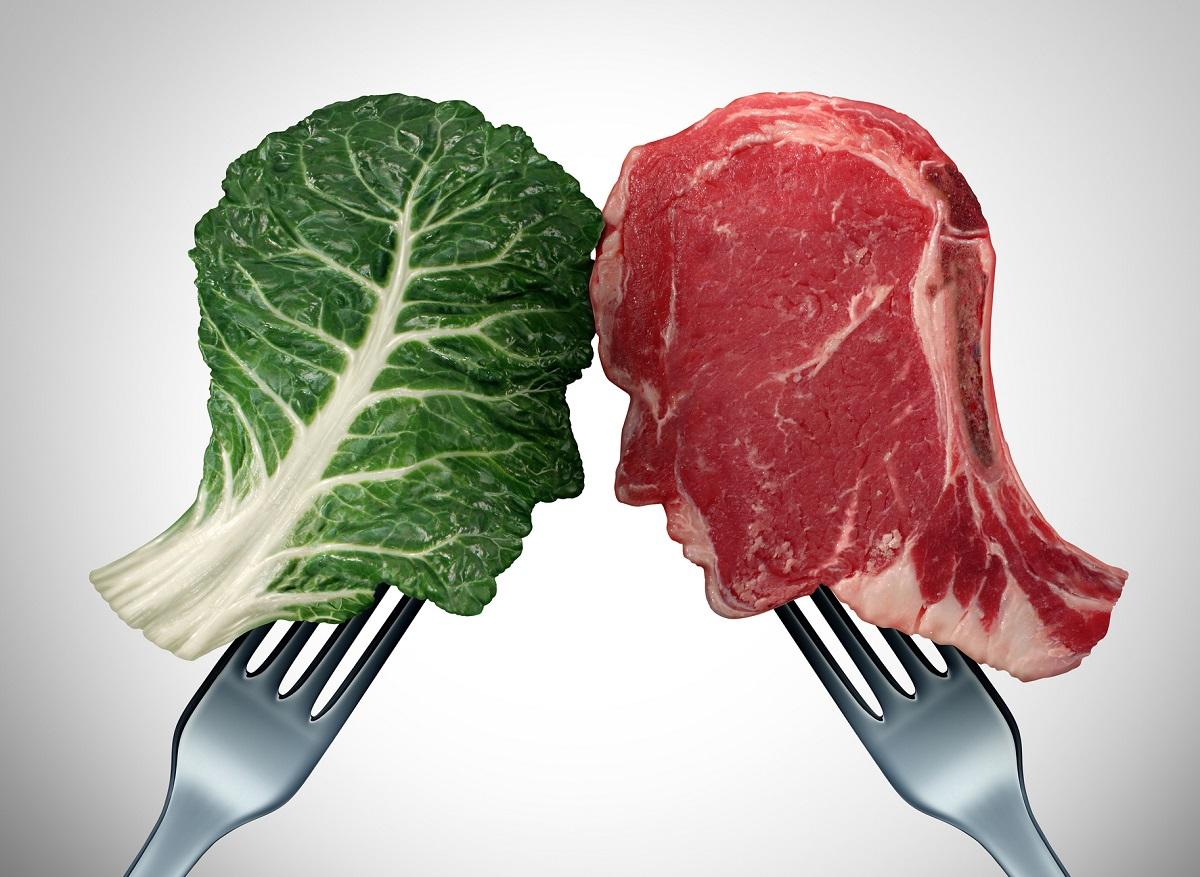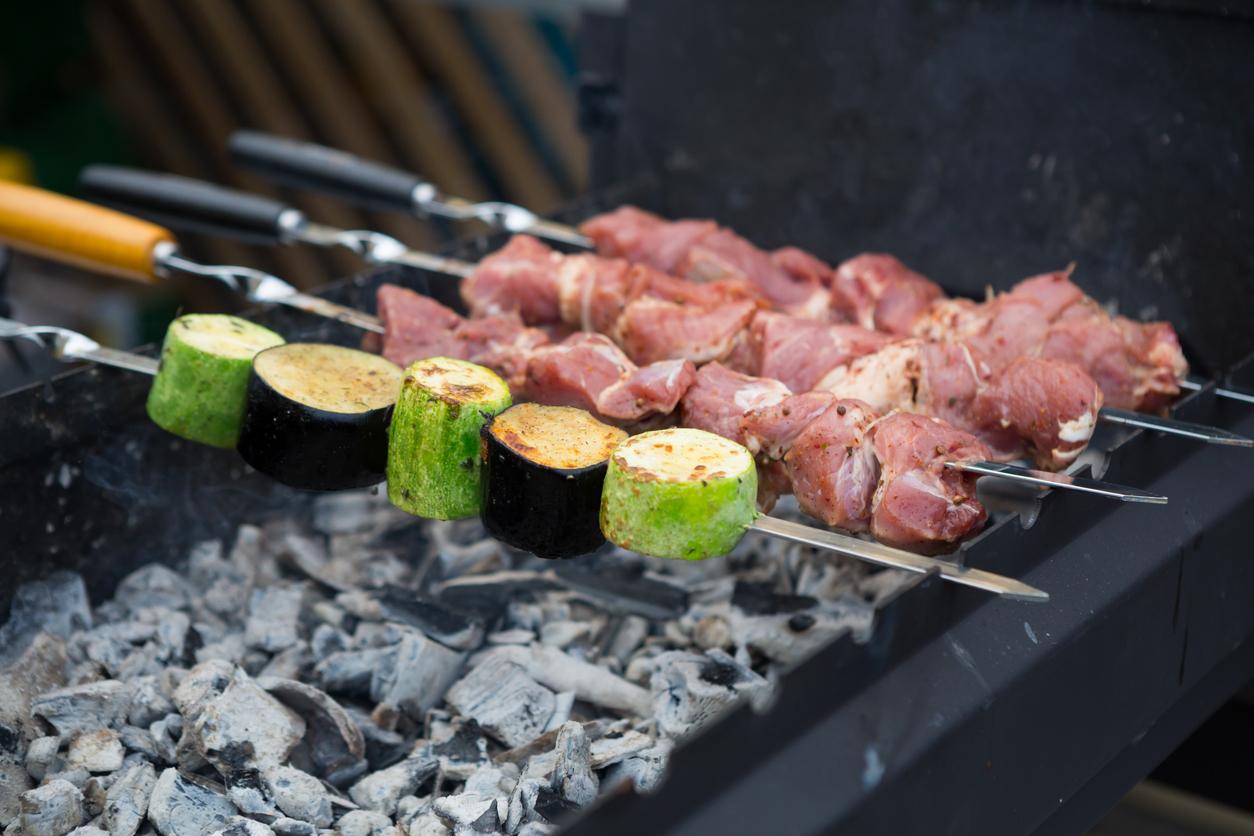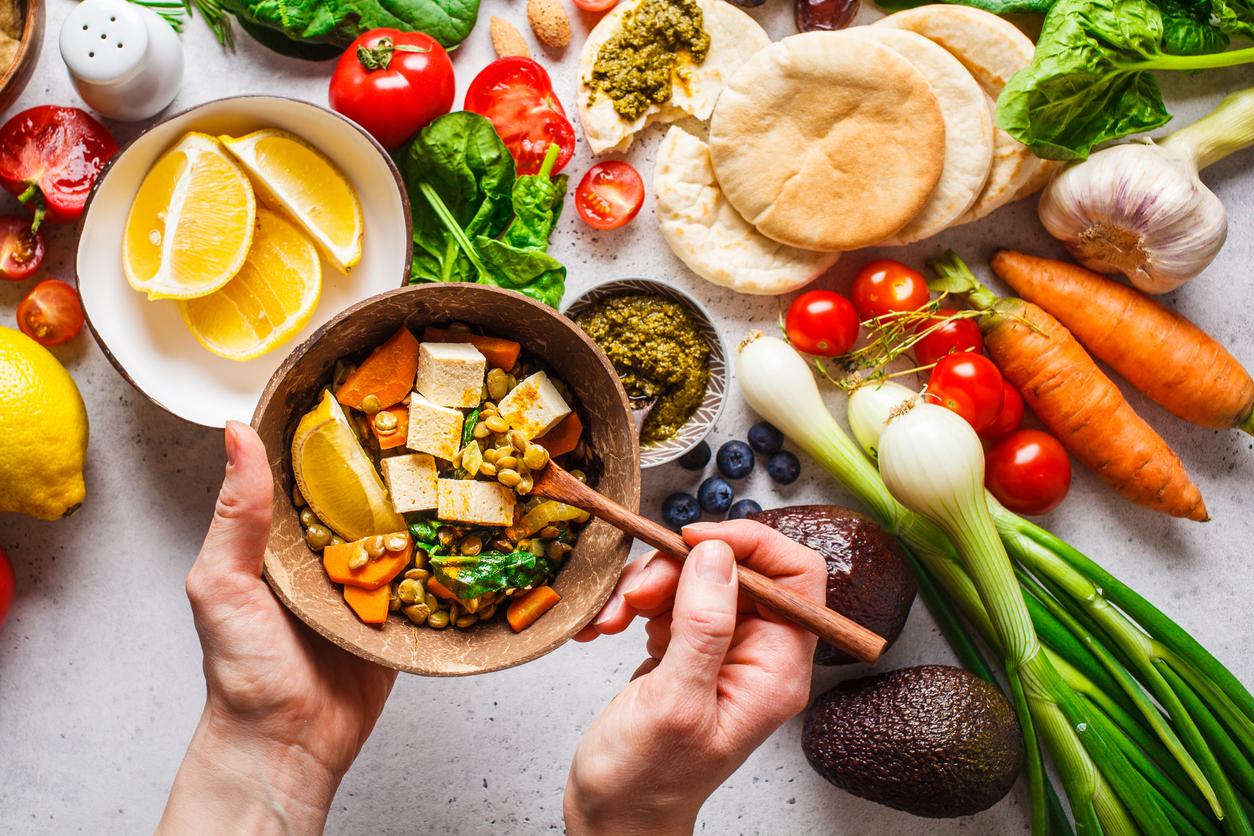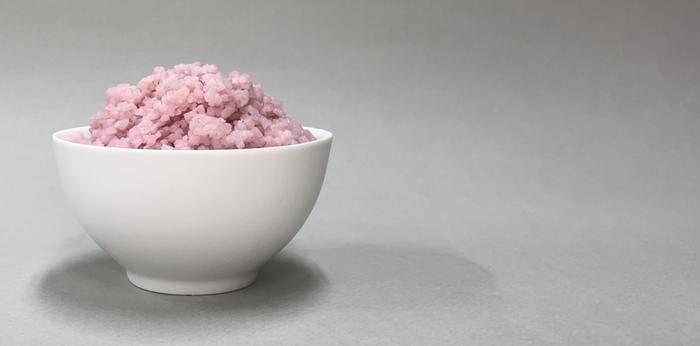Adopting a (more) vegetarian diet is good for health and the environment. Here are the best alternatives to meat and fish to keep a balanced diet full of protein.
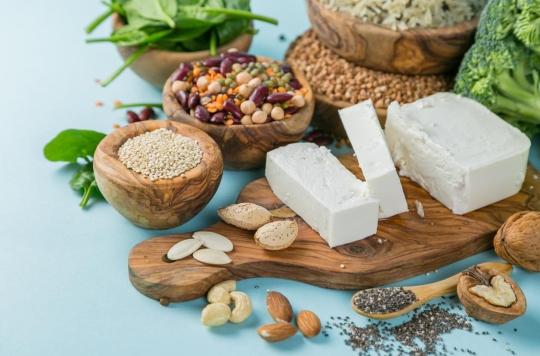
- Limiting your consumption of meat and charcuterie helps to limit your environmental impact (intensive farming, pollution, deforestation, etc.) but also to reduce the risk of developing certain pathologies such as colorectal cancer, cardiovascular disease or type 2 diabetes. .
- According to ANSES, the vital minimum recommended protein intake is 0.83 grams per kilogram, or 44 g per day for a 55 kg woman.
A large proportion of protein on the plate contributes to a better nutritional balance. On average, a 60 kilogram woman will need 50 grams of protein per day, which is easily achievable with a varied diet. Meat, especially chicken, is one of the products that contains the most of it, but its overconsumption wreaks havoc on our health and the environment. If many choose to limit or even banish meat products from their plate, it is still necessary to swap them for vegetable proteins to fill up and avoid a potential deficiency.
Where can I find vegetable proteins?
Whole grains (rice, wheat, oats, etc.) are particularly rich in protein and fibre, with at the top of the basket, seitan, made from wheat or spelled, which has 75g of protein per 100g! Quinoa contains 14g.
Legumes are ideal to accompany cereals. Beans, broad beans, lentils, chickpeas… are foods that are naturally rich in fiber and minerals, and which contain a good dose of protein. “It is recommended to consume it at least twice a week”, according to Public Health France.
Oilseeds, perfect snacks, are also packed with protein, not to mention vitamins, minerals and good fats. You have the choice: peanuts, almonds, pistachios, walnuts… Special mention to almond flour, which contains about 50g of protein per 100g, and peanut butter (30g/100).
Bonus food to enhance your salads: nutritional yeast (48g/100).
Animal products to replace meat
Eggs, high in protein but also rich in iron and vitamins, are an excellent substitute for meat. Their average protein content is 13g per 100 grams of food.
Dairy products also contain a large amount of animal protein, starting with hard cheeses (parmesan, emmental, etc.), plain yoghurts or cottage cheese (10g/100). “Animal proteins are […] generally richer than vegetable proteins”, can we read on the site of theNational Agency for Food, Environmental and Occupational Health Safety (ANSES).
Plant-based steaks and tofu as meat substitutes
Tofu, strictly vegetable, is one of the alternatives most popular with non-carnivores. Neutral in taste, it is made from soy and contains 8g of protein per 100g of food. Produced from fermented soybeans, tempeh has an even higher protein content.
Plant-based, industrial or homemade “steaks” are made up of protein-rich products: tofu, seitan, cereals… Be careful, however, to read the ingredient label carefully to avoid ultra-processed dishes, stuffed with additives and whose regular consumption is strongly discouraged.








